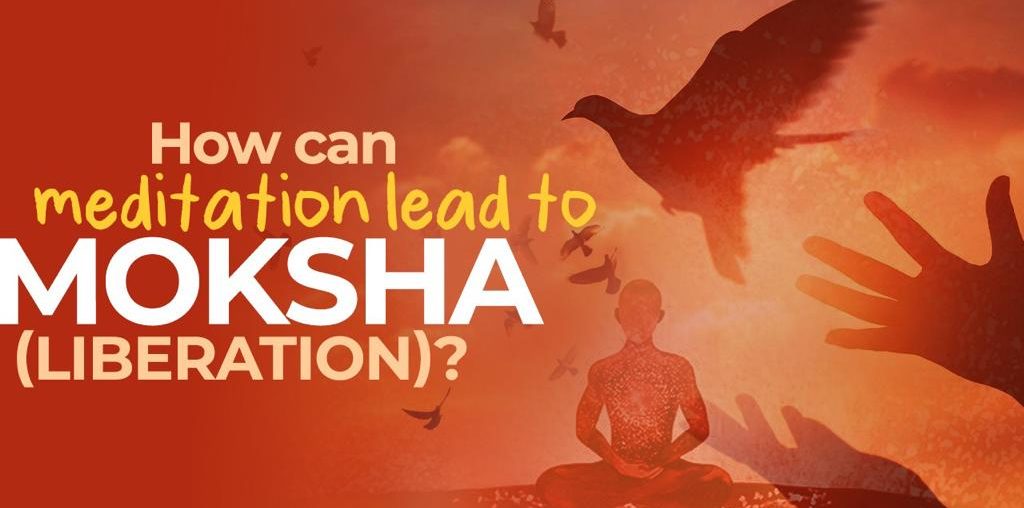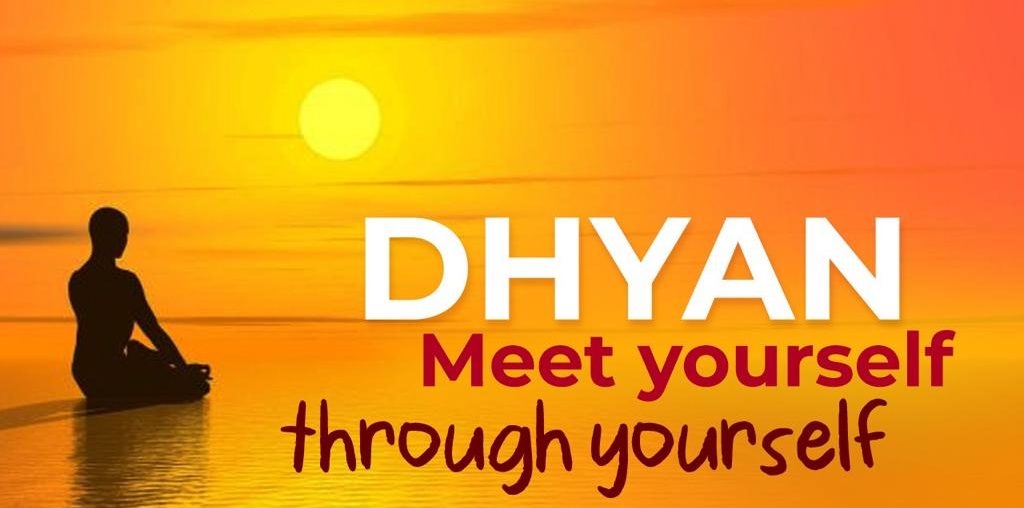We usually tend to have a callous attitude; it’s okay when it comes to the religious domain, whereas in other fields, we are connected with full alertness.
The day you have to attend a spiritual course or shibir and the very same day if you receive a phone call from a client about to give you a large business order. What would you think in such a situation?
‘Let me attend this client meeting and win the business order, ‘it’s okay if I don’t attend the spiritual course this time. I can always attend the next one.
You have got permission and a golden chance to obtain blessings from your Guru, and you plan to visit him to seek his blessings. You have already booked your tickets, but just a day before your flight, you receive a call from one of your close relatives inviting you to his son’s engagement ceremony. Now, what are your thoughts in such circumstances?
‘I can always go to seek Guru’s blessings any another time. To live in this society, some relations have to be maintained, and some social norms must be observed, so I must attend the engagement ceremony.’
We never give priority to our religious obligations and commitments. Hence, in current times you have planned your education, family life, business, relations, jobs, etc., but there is no ‘after death’ planning.
There is a popular saying in Gujarati – ‘Ghadik nu Manas’ – a transient human. How is this person exactly? What does it mean?
It means he’s the one who is very happy for some time, and then in no time, he gets angry. He talks lovingly in one moment, and in the next few moments, he spoils his relationship with you. His entire nature is based on temporary emotions, and he has frequent mood swings.
Check your psychology. All your actions and plans will have a temporary base. Due to the temporary nature of your situations and conditions, you cannot make long-term decisions. Your current situation is likely to change after a few days.
A few days back, someone visited Gurudev and mentioned to have got the best business deal with all the agreements and terms in place, and he sought Gurudev’s blessings as a Guru.
Gurudev inquired why he needed to expand his business at this age. He should retire now and works towards his spiritual development.
Guru may only give indications and hints a couple of times and, after that, will usually let people make their own decisions.
After a few days, that same person informed Gurudev that he had been suffering from extreme stomach ache for 2-3 days, and on investigating, it turned out that he had third-stage cancer. The doctor found some pus in the tumor, which ruled outperforming any operation. The tumor could burst any moment, and he had only 15-20 days to live. He requested – “Gurudev, what should I do?”
Gurudev asked him – “What happened to your best business deal?”
He replied – “Gurudev, I cannot think of anything besides this health condition right now.”
You should meditate to calm down and then make a decision.
Now, whatever decision that person makes would be based only on the current situation. So would that decision be short-term or long-term?
What is the future of a tiny sparrow building its nest in the mouth of military cannon? It would build a nest, lay eggs, feed his babies and raise them. Does it have any long-term planning? No.
Every living being does plan for the future, but it is only for the short term.
Bhagwan Mahavir well understood this ultimate truth.
Once someone told Bhagwan Mahavir that his great grandfather had built a nice fort.
To which, Bhagwan Mahavir replied, “Yes, it was indeed a nice fort, but for how long could he live in it? What if he had built a fort along with his after-death planning?
What is Dharma? (Religion)
Religion is nothing but long-term planning.
A person was feeding milk and bread to a roadside dog.
A passerby asked him why he was feeding that dog. To which the person replied that he was doing long-term planning. “After my death, in the next life, I wish to get food and never starve of hunger. Hence I am planning for that.’
Once, someone insulted and humiliated a woman in public, shouting at her, and yet that woman kept silent throughout and stayed calm.
Someone asked her, “You made no mistake, and it wasn’t your fault, and yet that person shouted at you for so long. Why did you not speak up?”
She replied, “I am doing long-term planning.”
When you are performing any religious rituals or undertaking any spiritual practice, and if someone asks you, “What you are doing?” You must answer in brief that you are doing long-term planning.
Just like the grandfather, even your forefathers also did a lot of planning, set up various comforts and facilities, but it was all short-term planning only.
Many generations across the entire world are doing the same thing. Even they may try to better themselves compared to others, but nothing more than that.
When you are busy meditating and aligned with the practice of ‘Thanenam, Monenam, Zanenam’ and during those moments, if someone asks you, what were you doing?
Your answer should be that I am making long term plans. I am making plans to reduce and get rid of my ego. I am planning to quieten my fidgety and fickle-minded nature. I plan to calm the anger, impatience, outrage, and anxiety within me. And I am doing all this, as I know that my future and my future births depend on each of my actions and emotions.
A visionary has the capability and capacity to visualize and see his long-term future.
The process of ‘Thanenam, Monenam, Zanenam’ gives us the vision to plan for the long future. With this practice, you become stable, calm and even your emotions subside. With this, you can make the right decisions with a lot of foresight and a calm mind.
Imagine driving your car at full speed, and you witness a crossroad ahead of you. Would you drive rashly in any of the directions just without thinking? Not likely, as you know, that you will not be able to reach your destination without knowing the right direction. You will certainly slow down your car, check your options and think for a few seconds about the right road to take for your destination. And once you have figured out the right path, you will again drive your car at full speed.
Hence it is necessary to be stable and calm before making any decision. This is possible with the meditation practice of ‘Thanenam, Monenam, Zanenam.’
A small child builds a sandcastle at the shore and feels very happy and proud of building such a vast, beautiful castle. After some time, a huge wave comes and drowns his castle. The child starts crying and weeping for his house, wondering where it went.
His mother tries to explain to him and calm him down.
The child’s happiness and grief were momentary, and both lasted only for a short time. Short-
lived emotions make us momentary and transient humans.
What kind of a human are you?
A booming business, some profit, and some good news make you very happy, and then after some time, when you suffer some loss or have a bad patch, you immediately turn sad because you are short-sighted with all your short-term planning!









